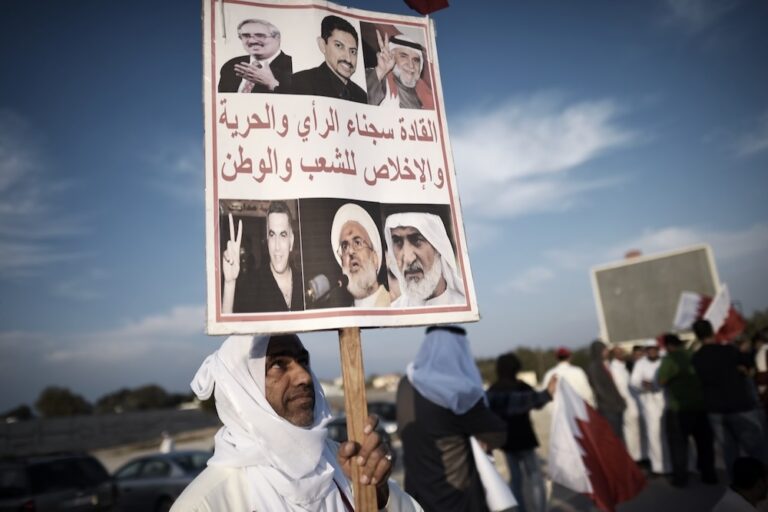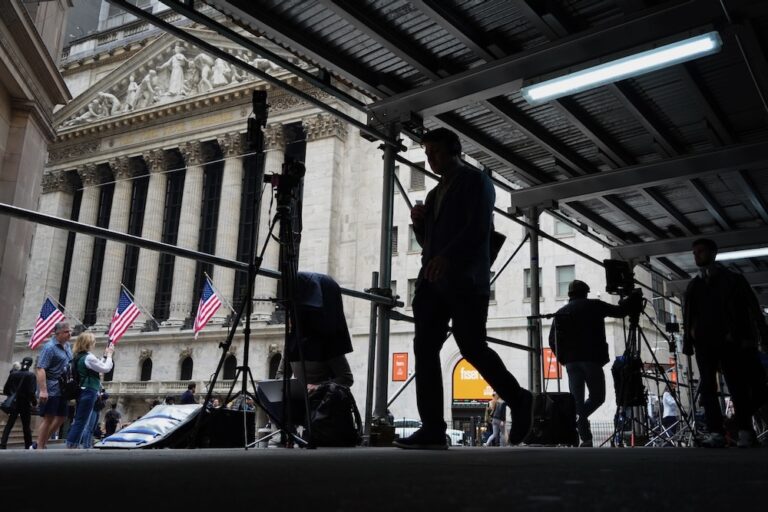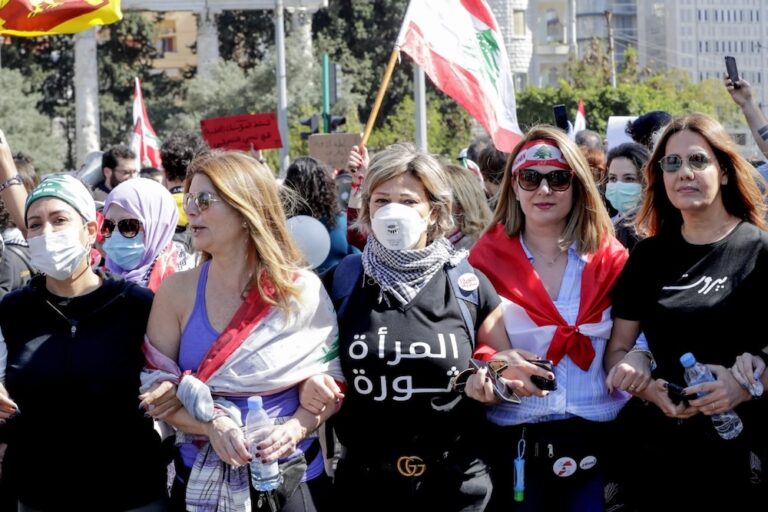"Impunity is a particularly difficult evil to counter because it is self-reinforcing," says the report.
(IPI/IFEX) – 23 November 2011 marks the two-year anniversary of the Maguindanao massacre, in which 32 journalists along with 26 civilians were slain in a terrible incidence of electoral violence. Today serves as a day of remembrance – but in light of the fact that the masterminds of this heinous crime have yet to be brought to justice, we are mindful of the challenge that impunity poses to press freedom and journalist safety not only in the Philippines but across the globe.
In the context of press freedom, impunity refers to the lack of legal consequences for those who kill, harass, or intimidate journalists. According to figures from the International Press Institute’s Death Watch, 94 journalists have been killed so far this year, keeping 2011 on track to be one of the deadliest years on record. Since 2000, over 900 journalists have died because of their work. In the vast majority of these cases, the perpetrators have gone unpunished.
Impunity is a particularly difficult evil to counter because it is self-reinforcing. When the killers of journalists go free, individuals or groups who wish to silence the media realise that violence against journalists may be committed over and over again without risk of arrest or imprisonment. Similarly, when governments fail to investigate journalistic killings, it sends a message that the lives of journalists and the work of the media are trivial.
Where such a cycle exists, one can speak of a “culture of impunity,” which encompasses the idea that the causes of impunity are often embedded within societies at multiple levels and at multiple institutions. Rarely is it possible to identify a single root cause.
In certain countries, impunity for crimes committed against journalists represents a specific case of a wider problem of judicial inefficacy. In others, impunity can result from a culture that views the work of journalists with suspicion. In places that exhibit extreme generalised violence, journalists are sometimes caught in the crosshairs without being specifically targeted themselves. Far too often, however, they are singled out for their work. In both cases, the deaths of journalists go equally uninvestigated.
Weak and disinterested governments pose a major threat to ending impunity. In some of the world’s most dangerous areas for working journalists – Mindanao, northern Mexico, Baluchistan, to name a few – federal control has never been established or has since withdrawn. Government security forces in these areas that should be protecting media professionals are frequently beholden to private power players opposed to critical reporting.
Other governments simply do not view crimes against journalists as a priority for the justice system. But even if governments are willing to pursue cases, ineffectual legal systems and inadequate police investigations can stand in the way of a conviction.
Impunity affects press freedom in two principal ways. On the one hand, it perpetuates violence and can quite literally “kill the story”. On the other, impunity leads to a climate of self-censorship. Journalists, fearing for their own lives or for the lives of their families, refrain from covering certain stories – often the ones that need to be told the most.
Self-censorship is especially pernicious because it is an invisible, often undetectable scourge. For this reason, the number of journalists killed in a particular country is often an inadequate barometer of the state of press freedom there. Indeed, certain countries exhibit a low number of journalists’ deaths precisely because of a high level of self-censorship.
Journalists often practice self-censorship because they have seen what has happened to colleagues for covering a particular topic. They can also decide to censor themselves after having been threatened or coerced – they choose to sit on a story rather than risk reprisal. Finally, journalists may also turn from topics that are viewed as taboo or untouchable by their particular societies.
One thing, however, is certain. Where a free press is threatened and investigative, independent reporting is absent, corruption and illegal activity are allowed to flourish. Misinformation, propaganda, and incitement trump deliberative, balanced, and factual storytelling. Governments of all stripes operate without accountability, while citizens living in democratic regimes risk allowing elected officials to commit terrible crimes in their name.
Ultimately, impunity results in the loss of truth. And without the truth, without access to accurate information about the world around them, the members of any society are fundamentally disempowered.
(…)


